While the daily newspaper Magyar Nemzet reveals in a series of articles how uninformed foreign journalists manipulated by NGOs misrepresent the situation in Hungary in their reports, a French blog published another revealing document concerning the topic. In the article, the Chair-Chief Executive of an international non-profit organisation, the World Association of News Reporters WAN-IFRA revealed how the press organisation he is in charge of took part in the smear campaign against Hungary.
- WAN-IFRA is partly funded by the Open Society Foundations, George Soros’s foundations. - Prior to the coronavirus pandemic, WAN-IFRA generated a record annual sales revenue of EUR 9 million. - WAN-IFRA is able to influence the management of media, advertising strategies and the wording of newspaper articles covering current affairs. - WAN-IFRA circulates regular reports about newsworthy topics, and also organises individual information meetings attended by select groups of media workers. - In addition to thousands of other press outlets, the system connects together media such as The Financial Times, The Economist, The New York Times, Le Monde, Die Welt, El País, Il Corriere Della Sera and La Repubblica. - WAN-IFRA’s surveys regarding Hungary land on the desks of journalists who are not or are barely familiar with our country, and who seek to influence members of the public and politicians against Budapest with articles made on the basis of WAN-IFRA’s materials. - The head of WAN-INFRA admitted there had been instances when the organisation had sought to put pressure on Hungary through the European Union and the European Parliament. |
Hungarian electors will go to the ballots on 3 April 2022 to cast their votes in the parliamentary elections as well as in the referendum to be held at the same time, the questions of which relate to the sexual education of children, in particular, homosexuality.
Millions of people will vote in a country which is regularly branded by various media as totalitarian, the author of the blog wrote, pointing out that Europe’s and the West’s most prestigious press outlets regularly state that the person of the Hungarian prime minister, Viktor Orbán – even though democratically elected to lead his country – is a threat to democracy.
An opinion which is repeated ad infinitum by the above-mentioned media, in full agreement and unity, he highlighted.
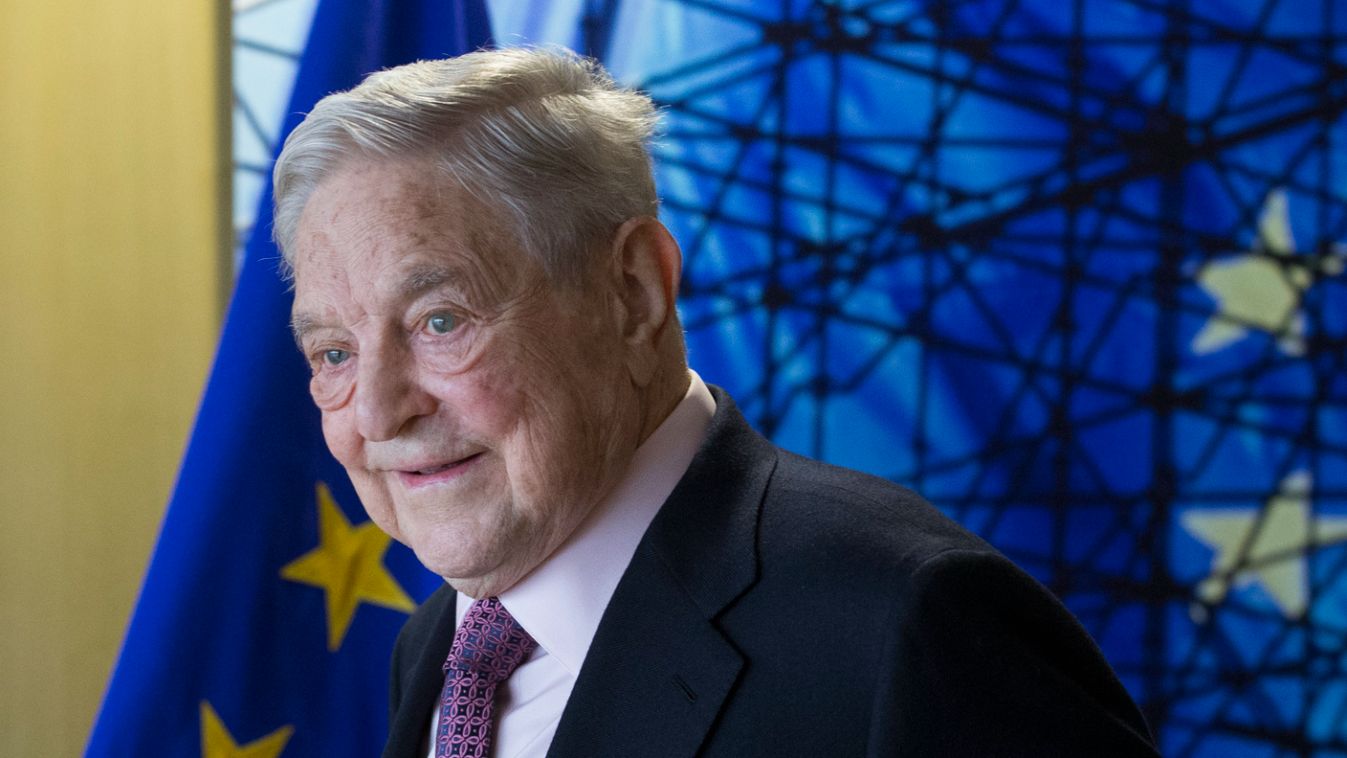
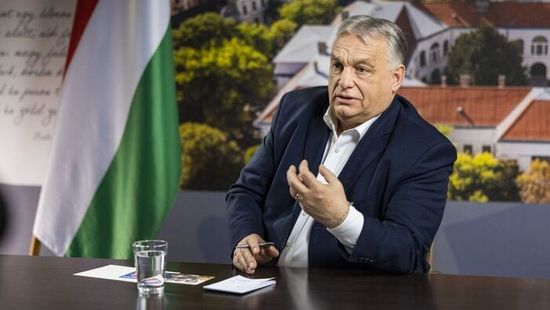





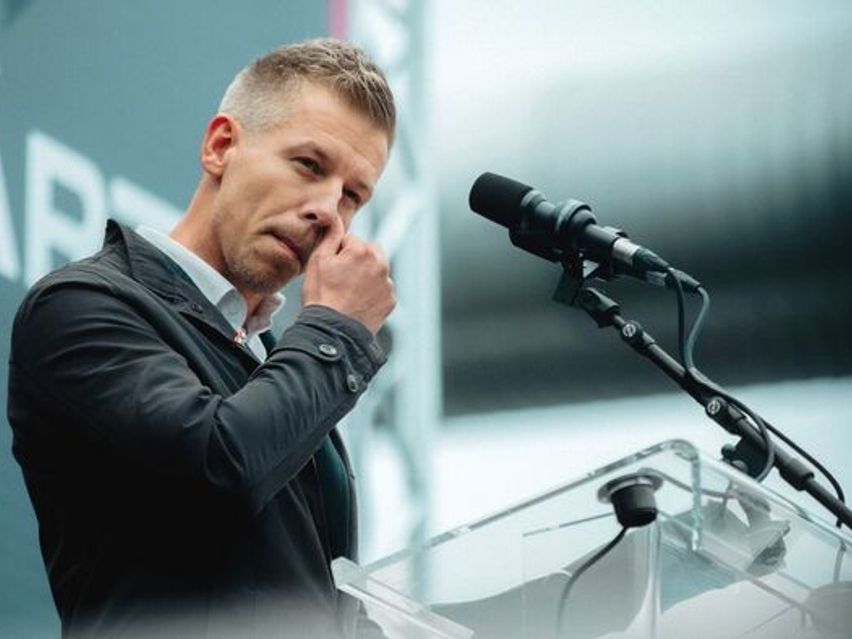
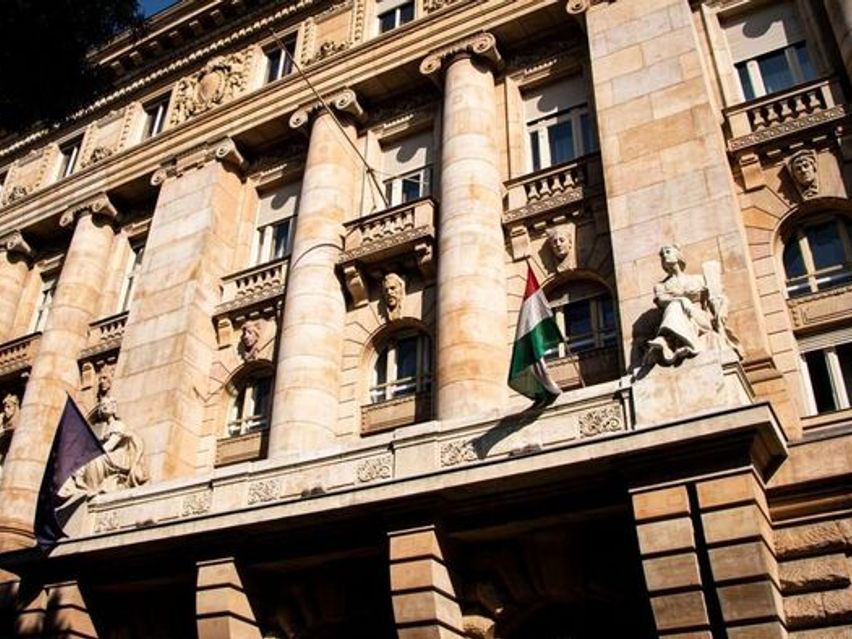
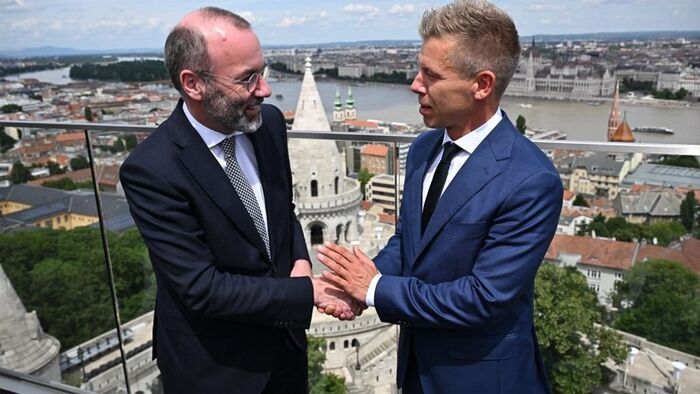

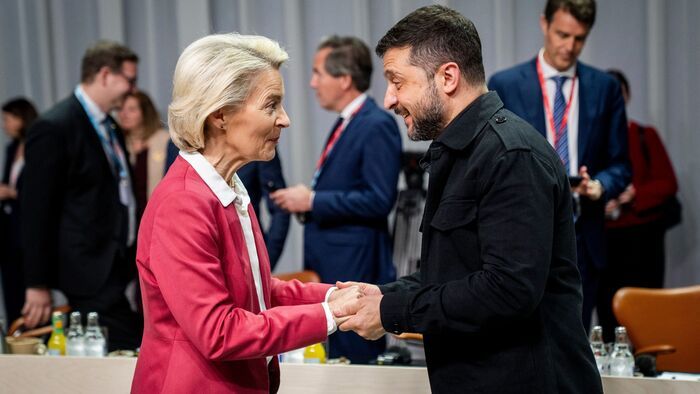
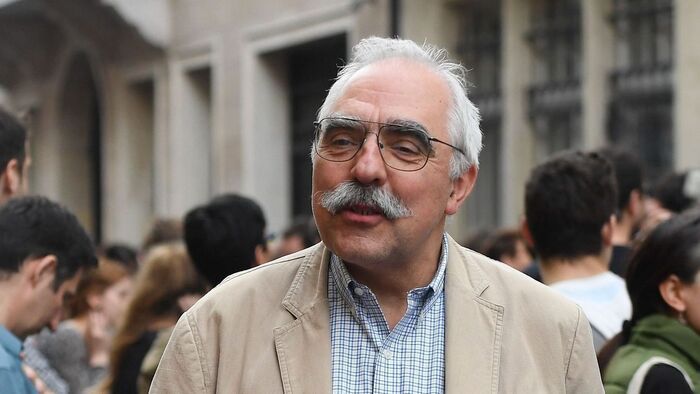
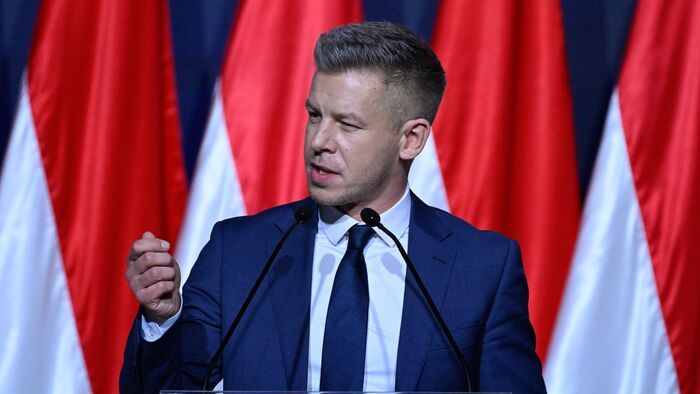
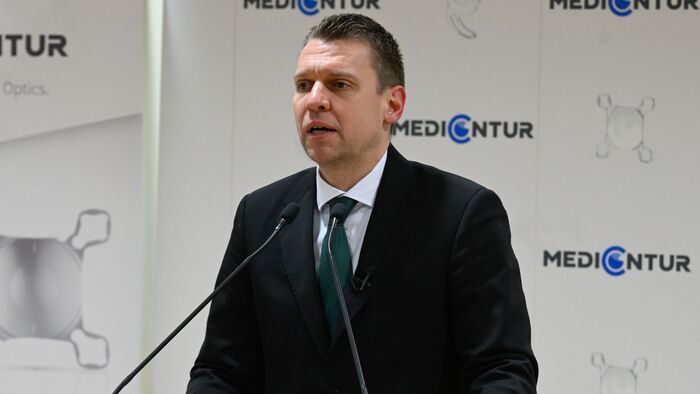

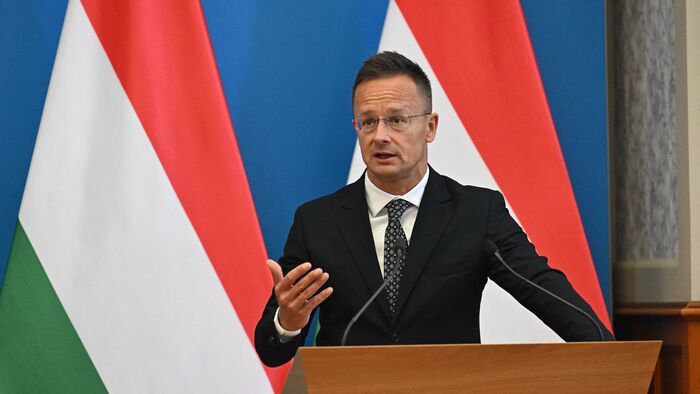
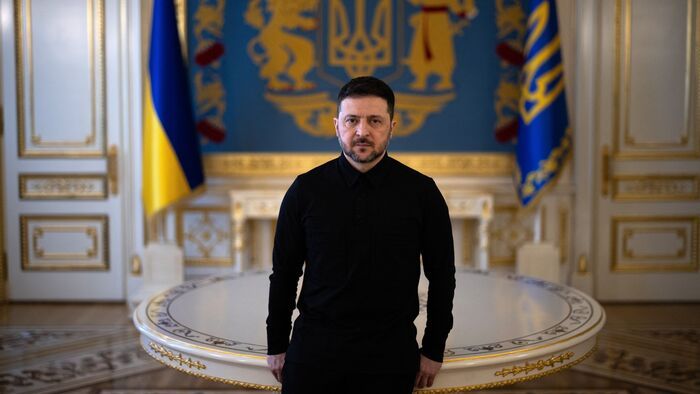





Szóljon hozzá!
Jelenleg csak a hozzászólások egy kis részét látja. Hozzászóláshoz és a további kommentek megtekintéséhez lépjen be, vagy regisztráljon!